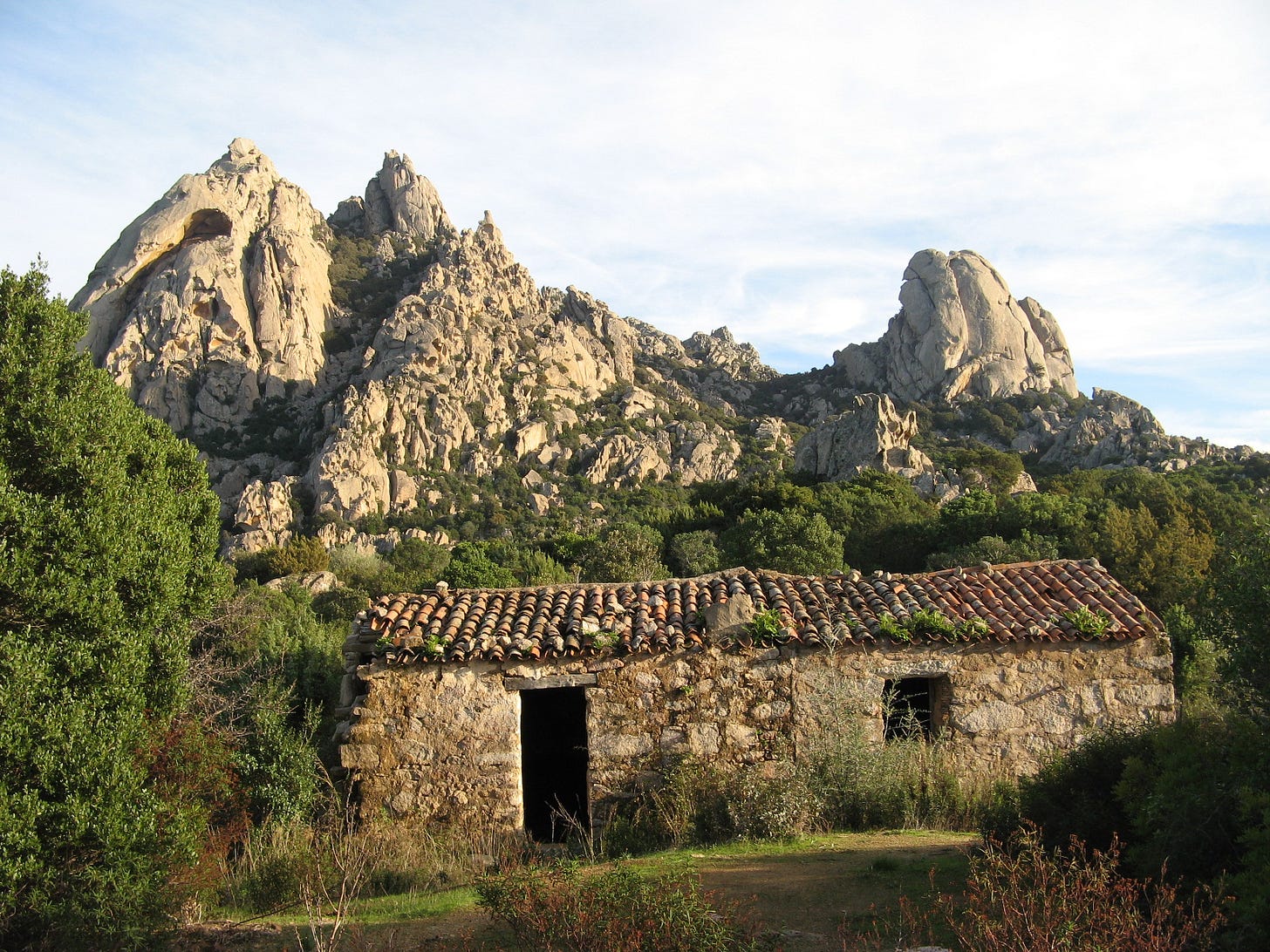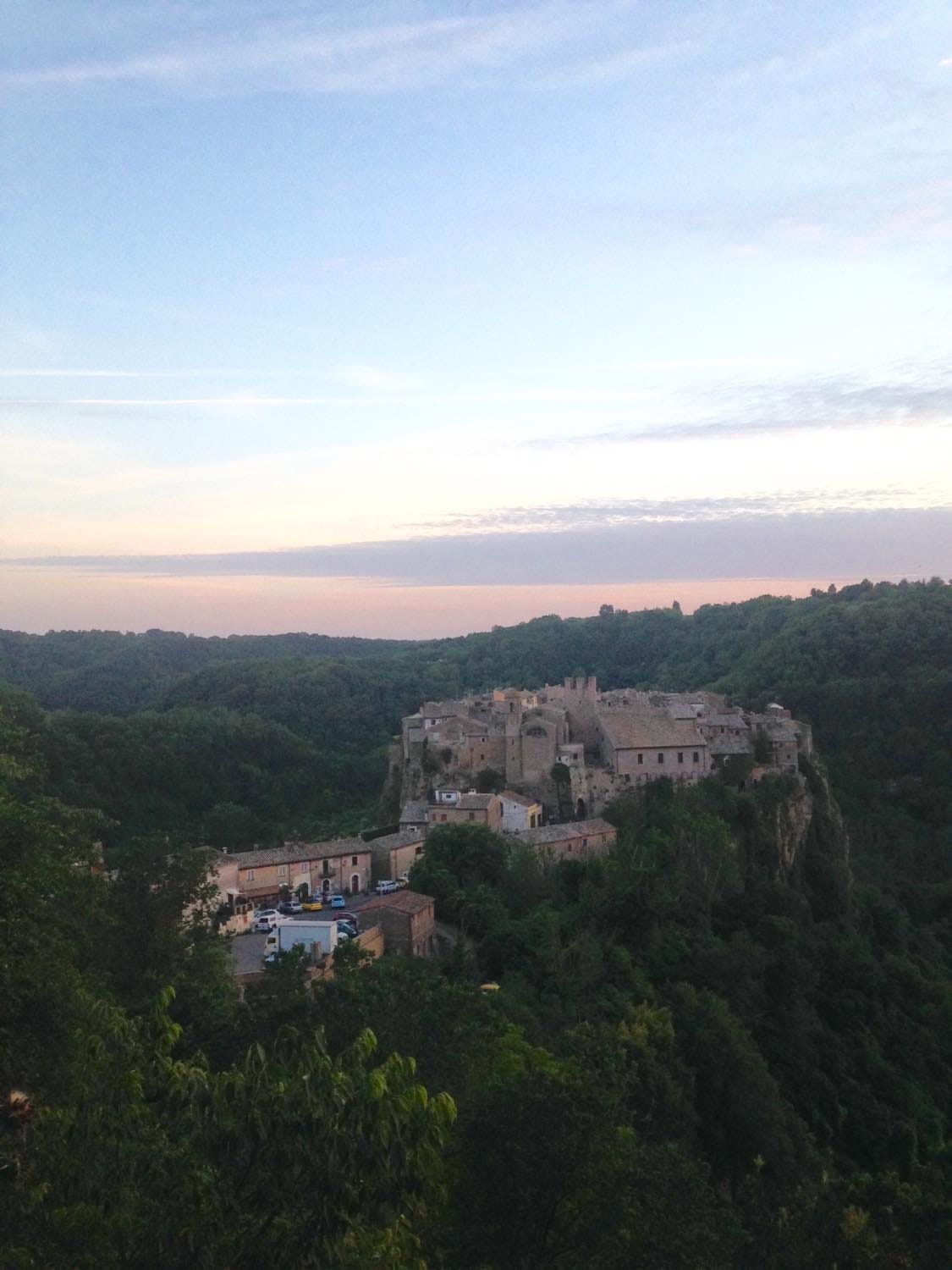In Italy, What Renters Are Legally Allowed To Do Is Downright Shocking
Even reading about it will make your brains dribble out of your ears in sick envy.
The average rent on a one-bedroom apartment in the U.S. is $2000 a month.
Minimum wage is $7.25, where it has remained since July of 2009.
For a minimum-wage earner working 40 hours a week (this is rare, since employers would then have to chip in for health insurance), that’s a grand total of $290 before taxes.
This comes to $1,160 a month, well short of the $2000 average rent.
If there are two minimum-wage earners in the household, that’s $2,320—enough for the apartment, but the left over $320 (again, that’s before taxes) is hardly enough to buy food, utilities, transportation or childcare, especially now that forced pregnancy is a fun new thing.
In the U.S., if you’re so much as a day late paying your rent, your landlord can—and often will—post a “Notice to Vacate” on your door in full view of the neighbors. This happened to me once when my son was in the hospital and I was too distracted to think about much else. I came home to our apartment with a hot pink “Notice to Vacate” on my door. The matter was cleared up as soon as my rent was paid (with exorbitant late fees), but the Korean family upstairs never looked at me the same again.
Welcome to America.
In Italy, it can take years to evict someone from a house or apartment. Years.
If the U.S. is a property owner’s paradise, Italy is his Waterloo, and I am so here for that. Up to a point. The trouble is, that point keeps moving, and what seems like a good idea in theory (renters’ rights) becomes more contentious in the real world.
Let me demonstrate with a true story.
The first village I lived in after moving to Italy in 2014 was a place called Calcata. It’s about 70 kilometers north of Rome, as the crow flies, a village of around 60 people that sits on top of a rock in the middle of a tree-covered valley. I would say that everybody who lives there is nuts (and who’s to say I’m not nuts, too), but that’s not exactly true. Calcata is, however, an artist, anarchist, communist and hippy colony whose original claim to fame was having a reliquary with Jesus’s foreskin in it. Well, one of fifteen possible foreskins. Even the locals refer to the place as “il paese dei fricchettoni,” or village of freaks.
I was one of them for two years.
An extremely short, gaslighting, cheating louse of a human being (let’s call him Paolo) was renting a three-level apartment from one of Calcata’s resident communists (we’ll call him Fabrizio), who as it happens was also not a nice man. Not to his two daughters, at least. I mean, sometimes he was sane and generous. Other times, you had to run for cover. What do you call that kind of behavior?
Paolo discovered that Fabrizio had illegally entered the apartment when he wasn’t there (this is a big no-no in both the U.S. and Italy), which makes sense if you know Fabrizio. Communists, taken on the aggregate, don’t observe the usual boundaries because they don’t believe in things like ownership, even when they’re the owner.
From that point forward, Paolo refused to pay rent.
He wrote a long, vitriolic manifesto about it (something along the lines of “Can you believe this guy, coming into my apartment”) and tacked it to the front door. All that did was confirm for those visiting Calcata that the Calcatese were, indeed, crazy.
Never mind the fact that Paolo was also breaking the terms and conditions of his lease. The property was residential only, but Paolo, always strapped for cash, turned the bottom floor into a sandwich shop. He’d get the cheapest ingredients up at the cheapest of supermarkets (IN’s), ingredients that quickly went rancid in the summer heat, and then serve up subpar sandwiches to hungry tourists. At least until the health inspector shut him down.
He still didn’t pay rent though.
And there was nothing Fabrizio could do. In tenants-rights-are-the-only-rights Italy, possession really is 9/10th of the law. He was officially squatting, and even if a landlord takes immediate legal action, it can take up to ten years in some cases for that particular suit to make its way onto a wildly overcrowded docket.
$400 (assumed rent) x 12 = $4,800.
$4,800 x 10 years = $48,000
In Italy, the legal term is usucapione, which doesn’t have a direct translation into English, but its nearest cousin is adverse possession. It’s a law that dates back to Roman times. Essentially, usucapione is a way of acquiring property based on persistence of occupation.
Let’s say that you, an Italian citizen, own a villa in the middle of Tuscany, but for one reason or another, you haven’t visited in a few years. In theory, another family could move in, even though they are not legally entitled to be there. As long as they physically control the property—and do so continuously from between five to thirty years, depending on local tenancy laws—a court is legally obligated to declare them the deedholders of that property. And there isn’t a damn thing you can do about it, except find a way to take repossession of what’s yours.
That’s what Fabrizio did.
Rightly concerned that Paolo would be squatting in the apartment indefinitely, Fabrizio knocked on the door, hoping to entice him outside by any means necessary. Here, the story diverges. Some people say Fabrizio verbally assaulted Paolo, and Paolo, ever the hothead, left the doorway to take a swing at him. Others claim that Fabrizio grabbed Paolo by the shirt collar, hauled him outside, rushed into the apartment and then slammed the door.
Paolo hadn’t even been living there at that point. He kept the apartment just to spite Fabrizio.
Did I mention the part about the crazy?
And these cases are not uncommon.
Let’s say you’re an American whose Italian grandmother bequeathed you a piece of property. Years go by before you’re able to fly over to Italy to see it. Only by then, a family of squatters has taken possession. For them to stake a legal claim to your property, all they have to do is meet these four criteria for a set number of years:
Open and Notorious Possession: use of the property must be demonstrated so that the adverse possessor is noticed by others before a claim can be made.
Exclusive Possession: the titled owner and the adverse possessor cannot jointly occupy the land or even share possession of the property with any member of the public.
Hostile Possession: sounds more pejorative than it is. Hostile possession doesn’t refer to ill will; rather that the adverse possessor is holding the property despite not having his or her name on the title deed.
Continuous and Uninterrupted Possession: possession must be maintained at all times. In other words, no month-long vacations. If there is a long gap between periods of possession, then the squatter’s claims are rendered null and void.
To American readers, such tales sound apocryphal. I might as well say I found a Pegasus in the garden. But this is the way of Italian real estate law.
Behold the terms of a regular lease. Remember: Italian rental laws heavily favor the tenants, so be sure your floor is clean before your jaw drops on it.
The most common contract is called un contratto di locazione a canone libero, otherwise known as a 4+4. What that means is you are guaranteed four years at the same rental rate, plus you have the option to reup for another four years at the same rental rate.
No, I’m not joking.
The landlord can make a case for breaking the lease if he can demonstrate that one of his children or other close relatives needs the apartment and has nowhere else to go, but again, this has to be done through the courts, and the courts move at the speed of a garden snail.The tenant can cancel the contract for any reason and at any time by giving the landlord 6 months’ notice by registered mail (lettera raccomandata). In the U.S., the only way you’re getting out of your lease is if you hemorrhage to death.
As a tenant, you are free to make whatever cosmetic improvements, including paint, wallpaper, and flooring, without approval of the landlord provided you return the property in its original condition (if asked).
Subletting is allowed under some contracts, but only if one room is “held back.” In other words, you can sublet the entire house except for one bedroom. That bedroom is your “foot in the door,” especially if the new subletters try to squat. Having your personal effects inside the property comes with its own highly complex set of rules that even I don’t understand well enough to explain to you.
And there you have it. The U.S., where tenants have practically no rights versus Italy where tenants have the most.
Are there abuses of the system? Absolutely.
But as a single mother who raised two kids in Houston, I watched my rent go from $750 to $1600 within five years. The property manager did a shockingly poor job of maintaining the apartment. I was charged an extra $50 a month just for having a cat. So do I really mind that in at least one corner of the world, the law is with David instead of Goliath?
Not even a little. And neither should you.
Copyright © 2022 Stacey Eskelin
Is your mind blown? When I first learned of Italian rental law, mine was. I want to hear your thoughts, so be sure to leave them in the comments section below.





What a wonderful story, I had no idea. Can I narrate for my podcast?
This sounds like the plot from "Pacific Heights," where a diabolically evil Michael Keaton runs his landlord ragged and drives him just short of nuts. But that's California, which is probably about as close to Italy as the USofA gets.
And people wonder why I don't want to be a landlord....